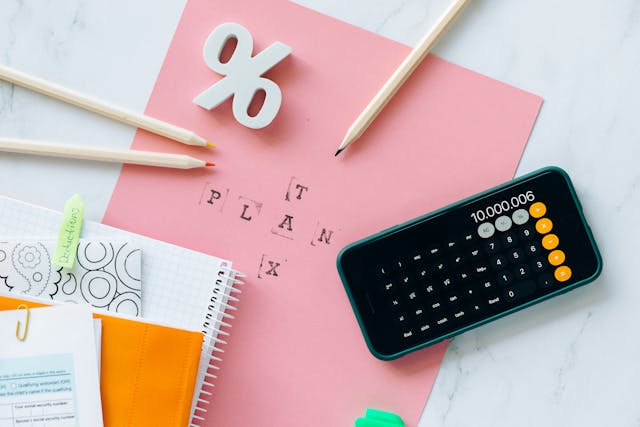As a tradesman in Australia, managing your finances effectively is crucial for both your personal and professional life. One of the most important aspects of financial management is understanding the tax deductions for tradesmen. Navigating the Australian tax system may seem daunting, but with the right information, you can maximize your potential savings. In this article, we will delve into key Australian tax tips specifically tailored for tradesmen, outlining essential tradesman expenses that can help reduce your taxable income.
Understanding Tax Deductions for Tradesmen
Tax deductions are expenses that can be subtracted from your total income to lower your taxable income. For tradesmen, this means you can deduct a variety of business-related expenses that you incur while operating your trade. It is vital to keep accurate records of all expenses to substantiate your claims during tax time.
1. Tools and Equipment
One of the largest deductions tradesmen can claim is for tools and equipment. If you purchase tools necessary for your trade, you can typically deduct the purchase price. The Australian Taxation Office (ATO) allows you to claim an immediate deduction for tools that cost less than $300. For more expensive items, you will have to depreciate the cost over several years. Thoroughly document all purchases and retain receipts for your records.
2. Vehicle Expenses
As a tradesman, you likely spend a significant amount of time on the road traveling to jobsites. This travel can be a major source of deductions. You have two options to claim vehicle expenses: the cents per kilometre method allows you to claim a fixed rate per kilometre driven for business, while the logbook method lets you claim a percentage of your total vehicle expenses such as fuel, registration, and insurance. Regularly maintain a logbook to accurately record your work-related travel—as this can greatly maximize your claims.
3. Work Clothing and Protective Gear
Another common tradesman expense includes work clothing and protective gear. The ATO allows deductions for uniforms, boots, and safety equipment, as long as they are required for your job. When claiming these deductions, ensure that the clothing is unique to your role and not suitable for everyday wear. Keeping receipts and photos of your work attire is essential for verifying your claims.
4. Home Office Expenses
If you operate part of your business from home, you can deduct certain costs associated with your home office. This includes a portion of your utility bills, internet, and phone expenses, calculated based on how much you use these services for business purposes. Make sure you have separate records for business use versus personal use to ensure a clear distinction.
5. Insurance Premiums
Insurance is a fundamental aspect of running any business. As a tradesman, you may have various insurance policies such as public liability, professional indemnity, and tool insurance. All premiums related to your business operations are deductible. Keep a record of your insurance payments to ensure you maximize this deduction.
6. Accounting and Legal Fees
Engaging professionals to manage your finances is a smart investment. Fees for accountants, lawyers, and business consultants are all deductible expenses. These professionals can provide invaluable assistance in navigating the complexities of taxation and ensuring that your financial strategies are optimized for savings. Retain invoices and payment confirmations as proof of these expenses.
Staying Updated with Australian Tax Tips
The Australian tax landscape is always evolving. Being aware of changes to tax laws and new deductions can lead to significant savings. Subscribe to updates from the ATO or other reputable financial resources to stay informed. For more detailed information, you can check the ATO website for specific tax information related to tradespeople.
FAQs about Tax Deductions for Tradesmen
What records do I need to keep for tax deductions?
To claim tax deductions effectively, you should keep records of all income and expenses, including receipts, invoices, bank statements, and logbooks for vehicle claims. It’s essential to store these documents for at least five years after lodging your tax return.
Can I claim my mobile phone bill?
Yes, you can claim a portion of your mobile phone bill as a tax deduction if you use your phone for business purposes. Keep a record of calls made for work and the total phone bill to calculate the deductible amount.
Are DIY renovations deductible?
Generally, DIY renovations are not deductible, but if the renovation is directly related to your business operations (e.g., setting up a workshop at home), you may be able to claim a portion of the costs. Consult a tax professional for specific advice.
Conclusion
Being a tradesman in Australia comes with its own set of unique challenges, especially when it comes to managing tax obligations. Knowing how to leverage tax deductions for tradesmen can significantly impact your bottom line. By being aware of the common tradesman expenses you can claim, you’ll have a better chance at optimizing your deductions. Always consult a qualified tax adviser for personalized advice based on your individual circumstances and stay updated on Australian tax tips to make the most of your earnings!









